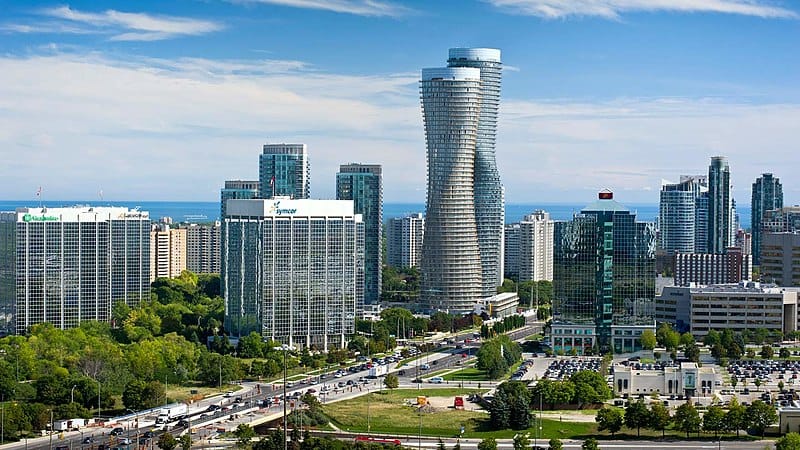The Future of Airbnb Post-COVID-19 Pandemic

Prior to COVID-19 pandemic, Airbnb provided a venue for home owners and real estate investors to rent out their rooms, sections of their property, or their whole units / houses to short and long-term renters. The Airbnb platform provides a convenient way to browse, find, and screen tenants through pre-vetted background checks, user profiles, and reviews from past hosts. The company was originally scheduled to go public in 2020, but the plan was thwarted by the pandemic.
Because the majority of Airbnb renters are travellers, the global pandemic has resulted in major declines in the number of bookings. As demand for Airbnb rentals drops, hosts who rely on Airbnb for all or the majority of their income see their revenues suddenly dry up, while expenses associated with the properties continue to erode savings.
The collapsed demand for short-term Airbnb rentals, in combination with prolonged lockdowns and travel restrictions, result in a number of outcomes. Some of these outcomes have already started to materialize, while others might become “the future of Airbnb post- COVID-19 pandemic”:
1) Shift from Short-Term to Longer-Term Rentals
Home owners who previously rented out their rooms or properties for short-term rental through Airbnb will pivot to offering longer-term rentals. This can be done within or outside of the Airbnb app. For longer term rentals, usually a formal lease is drafted and signed by both the landlord and tenant. Although overall profit may be lower, the stability and assurance of having a tenant for a longer, defined period of time will be worth it.
2) Precautions and Measures for Cleaning, Disinfecting, Social Distancing, and No-Contact Approach
In line with other retail stores and service providers out there with brick-and-mortar presence, Airbnb hosts will need to implement more robust and frequent and robust cleaning and disinfecting of surfaces and all areas in their rental properties. This is driving higher demand for professional cleaners, especially by hosts who do not have the time or capacity to do the regular and frequent cleaning themselves. Being able to assure potential clients that the Airbnb property available for rental is safe from virus is important in the more competitive Airbnb market.
In addition to frequent and thorough cleaning and disinfecting, social distancing and no-contact measures will also become more commonplace. This could be in the form of offering virtual home showings, mailing keys or delivering them without personal contact, and answering questions via remote communications.
3) Measures Taken by Airbnb and Governments
Currently, Airbnb does not support reservation requests from users who are showing symptoms or awaiting test results. The company has also taken measures by updating instructions for cleaning and hygiene, recommending that hosts stock their rental properties with extras of antibacterial hand sanitizers, disposable gloves and wipes, hand soap, paper towels, tissues, and toilet paper.
Some governments around the world have also mandated that international arrivals must complete their quarantine at designated pre-booked hotels (not Airbnb). A news article by The Guardian cited that “the peak body representing Airbnb and other short term rental companies has sought urgent support from the federal government for hosts in the form of mortgage payment deferrals, among other measures … for many, that may not be enough”.
Since a large portion of Airbnb business is dependent on travel, Airbnb has seen massive declines in the number of bookings and revenue. 2020 revenue is half than that of 2019. According to CNBC, Airbnb’s valuation was $31 billion in March 2017, and dropped to $18 billion by the end of April 2020. 25% of its staff (almost 1,900 individuals) have been laid off. Airbnb is struggling not only because of lower booking volumes and cancelled reservations that need to be reimbursed, but also because many governments deem short-term rentals to be “non-essential” (and hence not allowed to operate at all).
Bottom Line
Although some property owners may be able to pivot their listings to longer term rentals to make up for the losses incurred through decreased demand for short-term bookings by international travellers, the future of Airbnb as a company is up in the air.
If you’re looking for longer term rental, browse our listings for houses for rent and condos for rent.